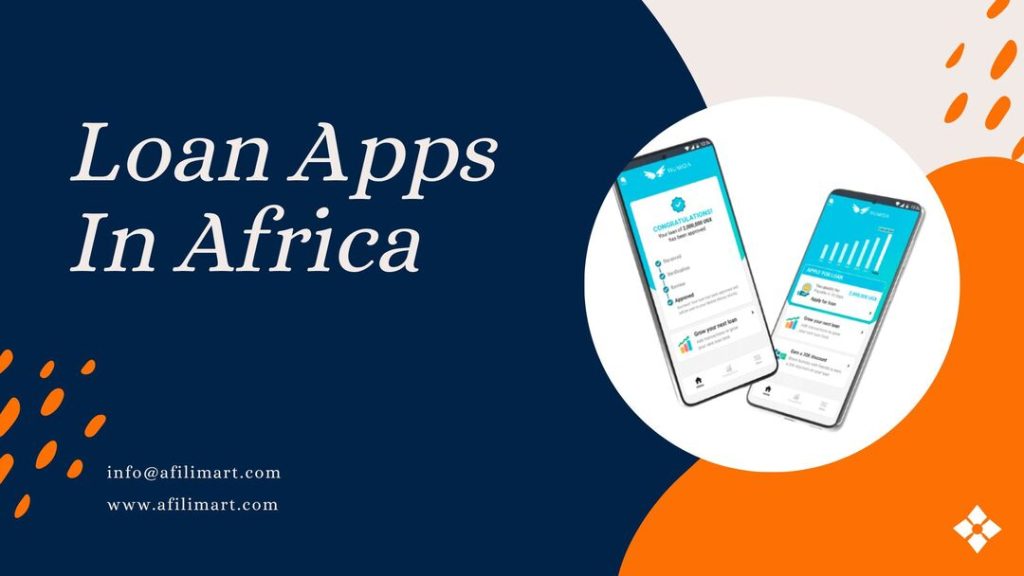Choosing the right domain name is one of the most important decisions you’ll make when creating a website. Your domain name is your online address—the name people will type into their browser to find your site.
It’s like your digital identity, so getting it right is crucial. If you’re unsure about how to choose it, don’t worry. This guide will walk you through the process, step by step.
What Is a Domain Name?
Before diving into the selection process, let’s clarify what it is. A domain name is the web address people use to access your website, such as `yourwebsitename.com`. It’s the unique identifier that distinguishes your site from the millions of others on the internet.
It consists of two parts: the name itself (e.g., “yourwebsitename”) and the domain extension (e.g., “.com”). Together, they form the complete address that users will type into their browsers.
Why Is Choosing the Right Domain Name Important?
Your domain name is more than just an address; it’s a reflection of your brand or the purpose of your website. A good name should be easy to remember, relevant to your content, and give a strong first impression.
A well-chosen domain name can help attract visitors, build trust, and make your site stand out from the competition.
9 Tips for Choosing the Perfect Domain Name
Now that you understand its importance, here are some beginner-friendly tips to help you choose the right one:
- Keep It Simple and Short
- Make It Easy to Spell and Pronounce
- Choose a Relevant Name
- Consider the Domain Extension
- Check Availability
- Avoid Trademarked Names
- Think Long-Term
- Act Fast
- Consider Branding Potential
Keep It Simple and Short
A simple, short domain name is easier to type, remember, and share. Aim for something that’s no more than 2-3 words long. Avoid using complex words, numbers, or hyphens, as these can confuse users and lead to mistakes when typing your domain.
Make It Easy to Spell and Pronounce
The name should be easy to spell and pronounce. If people struggle to say or spell your domain, they may have difficulty finding your site.
Test your domain idea by saying it out loud and asking others to spell it—if they get it wrong, it might be too complicated.
Choose a Relevant Name
Your domain name should reflect the content or purpose of your website. If your site is about cooking, try to include words related to food or recipes.
This helps visitors understand what your site is about and can improve your search engine ranking.
Consider the Domain Extension
The domain extension (e.g., “.com”, “.org”, “.net”) is the suffix at the end of your domain name. “.com” is the most popular and widely recognized extension, so it’s often the best choice.
However, if “.com” is not available, consider alternatives like “.net” or “.org”. Just make sure the extension aligns with your site’s purpose (e.g., “.org” for non-profits).
Check Availability
Before settling on a given name, you need to check if it’s available. Many domain name registrars, like GoDaddy or Namecheap, offer tools to check availability.
If your desired name is taken, you may need to get creative with synonyms or slight variations.
Avoid Trademarked Names
Ensure your domain name doesn’t infringe on any trademarks. Using a name that’s too similar to a well-known brand can lead to legal issues and damage your site’s credibility.
Conduct a quick search to ensure your chosen name isn’t trademarked by another company.
Think Long-Term
Choose a name that can grow with your website. Avoid names that are too specific to a niche or trend that might fade over time.
Your domain name should be versatile enough to accommodate any future changes in your site’s focus or content.
Act Fast
Good domain names are in high demand, so if you find one that fits your needs, don’t hesitate to register it.
They can be purchased and registered quickly, so it’s a good idea to secure your domain before someone else does.
Consider Branding Potential
The name you choose is a key part of your brand. Consider how it will look in a logo, on business cards, or on social media profiles.
A strong, brandable domain name can help establish your online presence and make your website more memorable.
Final Thoughts
Choosing the right domain name may seem daunting at first, but with these tips, you’ll be well on your way to finding the perfect one. Remember to keep it simple, relevant, and easy to spell.
Ensure it’s available, avoid legal issues, and think about how it fits into your long-term plans. By taking the time to choose a great name, you’ll set your website up for success from the start.










